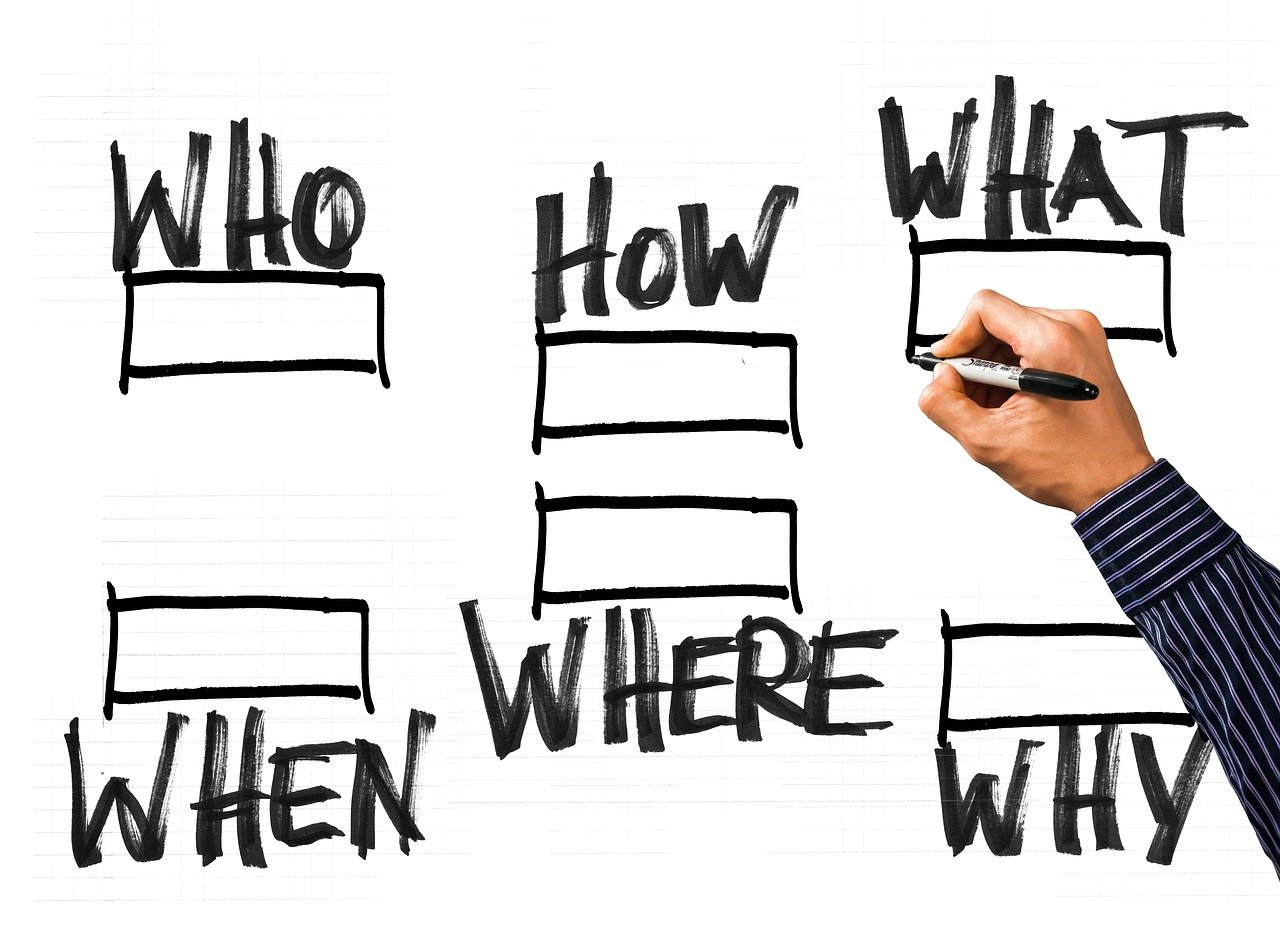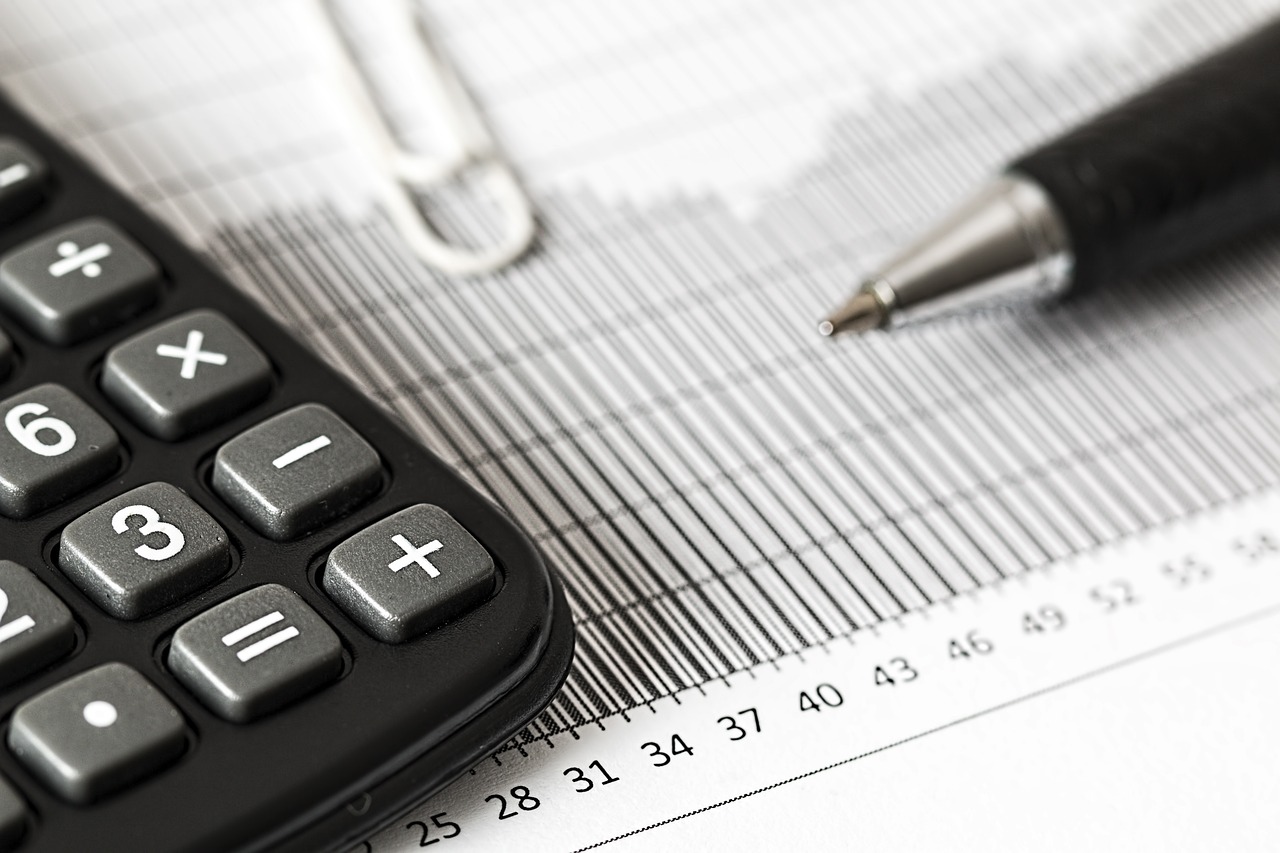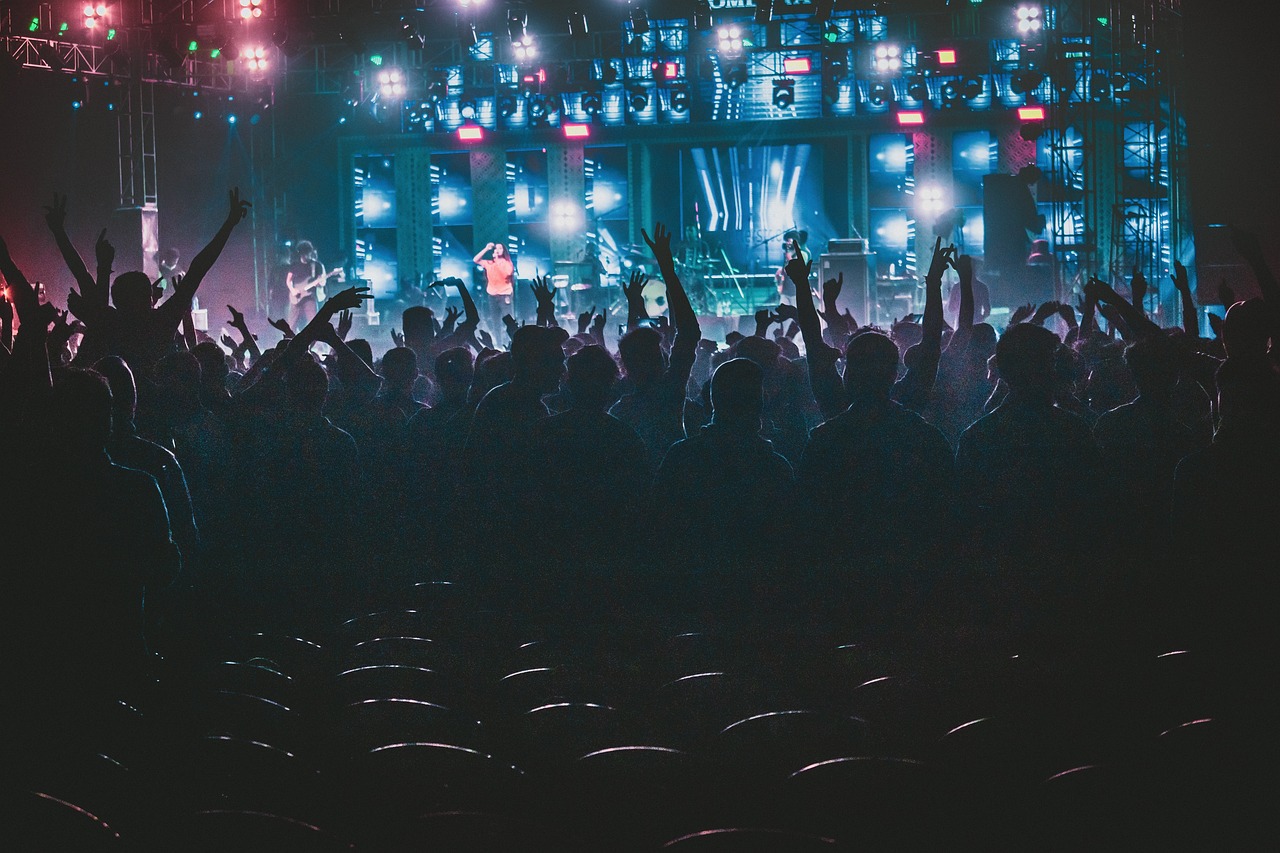Introduction
Event planning is a multifaceted process that involves meticulous organization and attention to detail. From corporate conferences to weddings and festivals, effective event planning ensures that all aspects of an event come together seamlessly. This article explores what goes into event planning, focusing on key components and best practices to ensure success.
Understanding Event Planning
Event planning encompasses a range of activities aimed at organizing and executing an event. It involves coordinating logistics, managing budgets, liaising with vendors, and ensuring that the event meets its objectives. This section provides a detailed overview of the primary components involved in event planning.

Key Components of Event Planning
Defining the Event Purpose and Objectives
The first step in event planning is to clearly define the purpose and objectives of the event. Whether it’s a corporate seminar, a product launch, a wedding, or a music festival, understanding the event's goals will guide all subsequent planning decisions.
- Audience Analysis
- Identify the target audience and their preferences.
- Determine the expected number of attendees.
- Event Goals
- Establish clear and measurable goals, such as increasing brand awareness, raising funds, or celebrating a milestone.

Budgeting and Financial Planning
Budgeting is a critical aspect of event planning. It involves estimating costs and ensuring that the event stays within the financial constraints.
- Cost Estimation
- Itemize all potential expenses, including venue rental, catering, entertainment, and marketing.
- Obtain quotes from vendors and suppliers.
- Budget Allocation
- Allocate funds to different areas based on priority and necessity.
- Monitor and adjust the budget as needed throughout the planning process.

Venue Selection and Logistics
Choosing the right venue is crucial for the success of an event. The venue should align with the event's purpose and accommodate the expected number of attendees.
- Venue Criteria
- Consider location, capacity, facilities, and accessibility.
- Ensure the venue has adequate parking and transportation options.
- Logistical Planning
- Plan the layout and seating arrangements.
- Coordinate the setup and teardown process, including stage setup and technical equipment installation.

Essential Event Equipment
Quality equipment is vital for creating a memorable event experience. Stage One offers a range of event equipment to meet various needs.
- Audio and Visual Equipment
- Speakers and Microphones: Ensure clear sound delivery with high-quality speakers and microphones.
- Projectors and Screens: Enhance presentations and visuals with reliable projectors and screens.

- Lighting Solutions
- Stage Lighting: Create the perfect ambiance with stage lighting systems.
- Decorative Lighting: Use decorative lighting to enhance the event’s aesthetic appeal.

- Smoke Machines: Add drama and excitement with smoke machines.
- Bubble Machines: Engage the audience with whimsical bubble effects.
Marketing and Promotion
Effective marketing is essential to attract attendees and create buzz around the event.
- Marketing Strategy
- Develop a comprehensive marketing plan that includes online and offline tactics.
- Utilize social media, email marketing, and traditional advertising to reach the target audience.
Conclusion
Successful event planning requires careful consideration of numerous factors, from defining objectives to managing budgets and ensuring smooth execution. By focusing on the key components such as venue selection, equipment, and marketing, event planners can create unforgettable experiences. With the right tools and preparation, any event can be a success.